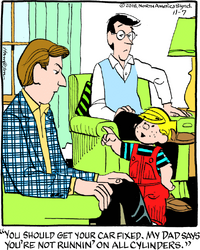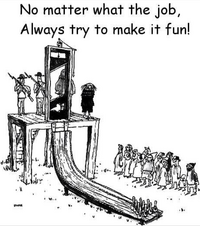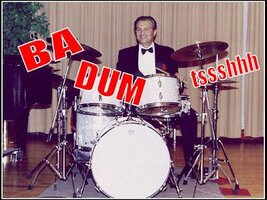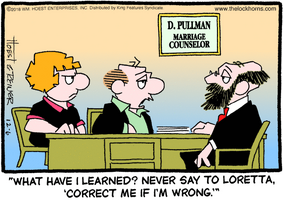The Difference between “complete” and “finished”
No dictionary has ever been able to satisfactorily define the difference between “complete” and “finished.” However, during a recent linguistic conference, held in London, England, and attended by some of the best linguists in the world, Samsundar Balgobin, a Guyanese linguist, was the presenter when he was asked to make that very distinction.
The question put to him by a colleague in the erudite audience was this: “Some say there is no difference between ‘complete’ and ‘finished.’ Please explain the difference in a way that is easy to understand.”
Mr. Balgobin’s response:
“When you marry the right woman, you are ‘complete.’ If you marry the wrong woman, you are ‘finished.’ And, if the right one catches you with the wrong one, you are “Completely finished.”
No dictionary has ever been able to satisfactorily define the difference between “complete” and “finished.” However, during a recent linguistic conference, held in London, England, and attended by some of the best linguists in the world, Samsundar Balgobin, a Guyanese linguist, was the presenter when he was asked to make that very distinction.
The question put to him by a colleague in the erudite audience was this: “Some say there is no difference between ‘complete’ and ‘finished.’ Please explain the difference in a way that is easy to understand.”
Mr. Balgobin’s response:
“When you marry the right woman, you are ‘complete.’ If you marry the wrong woman, you are ‘finished.’ And, if the right one catches you with the wrong one, you are “Completely finished.”











